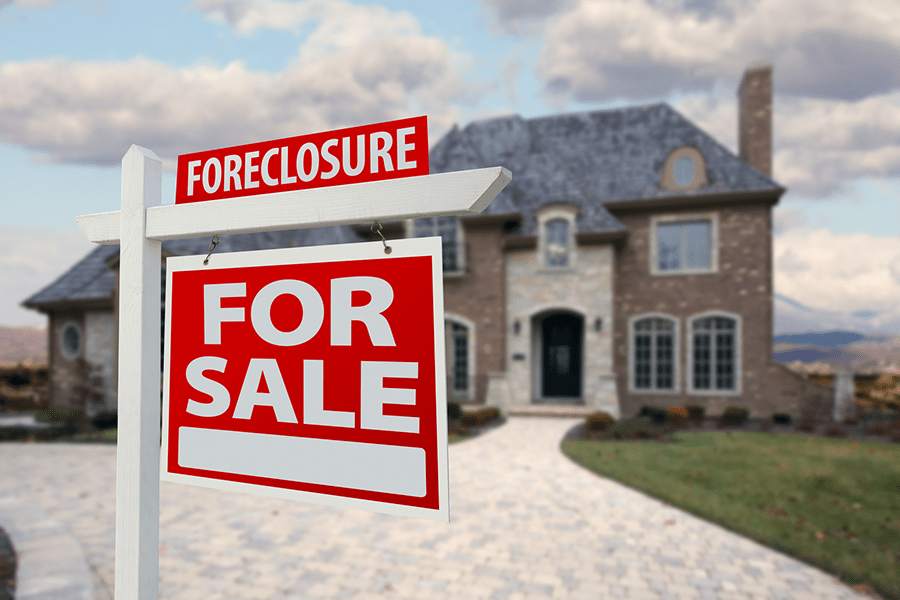
What is foreclosure?
Foreclosure is a legal process by which a lender seeks to recover the outstanding balance of a mortgage loan by repossessing the property when the borrower fails to make payments on time. In British Columbia, foreclosure is regulated by the Law and Equity Act. The process usually begins when the lender files an application with the Supreme Court of British Columbia, outlining the details of the default and the unpaid debt.
Upon receipt of the petition, the court considers the matter and, if satisfied, issues an order of attachment. This order allows the lender to take possession of the property and sell it to recover the outstanding debt. The property is usually sold through a court-ordered sale, with the proceeds used to satisfy the mortgage debt and all associated costs.
It is important to note that British Columbia follows a judicial foreclosure process, which means that the court is actively involved in overseeing the proceedings. This ensures transparency and fairness in the resolution of foreclosure cases.
Alternatively, the power of sale process provides a non-judicial mechanism for lenders to recover their funds in the event of default. The power of sale is a contractual right granted to the lender through the mortgage contract, allowing it to sell the property without legal intervention in the event of default.
The lender must serve a notice of sale on the borrower and any other party with an interest in the property, allowing a specified period of time for the borrower to cure the default. If the defect is not corrected within the prescribed time frame, the lender may proceed with the sale of the property. The proceeds from the sale are then used to settle the outstanding debt and any excess is returned to the borrower.
Key Differences and Considerations
Although the entry and sales authorization processes have the same fundamental goal, there are key differences between them that should be kept in mind. The foreclosure process involves court oversight, providing additional protections to borrowers, while the power of sale process allows for faster resolution without court intervention.
Borrowers in British Columbia facing foreclosure or Sales power must be aware of their rights and options. They may have the option to cure the default, negotiate with the lender, or seek legal advice to explore alternatives such as modifying or refinancing the loan.
In conclusion, the foreclosure and power of sale processes in British Columbia are essential elements of the legal framework governing real estate transactions. These processes provide lenders with mechanisms to recover their funds in the event of borrower default, while protecting borrowers’ rights through legal oversight and established procedures. A nuanced understanding of these processes is essential for both lenders and borrowers navigating the complex landscape of real estate transactions in British Columbia. If you have any questions about the foreclosure or power of sale process, or would like to know how a private mortgage could help you in a foreclosure situation in British Columbia, contact us today. Call Jim today at 604.620.2697 for a friendly chat and learn more about your options.

